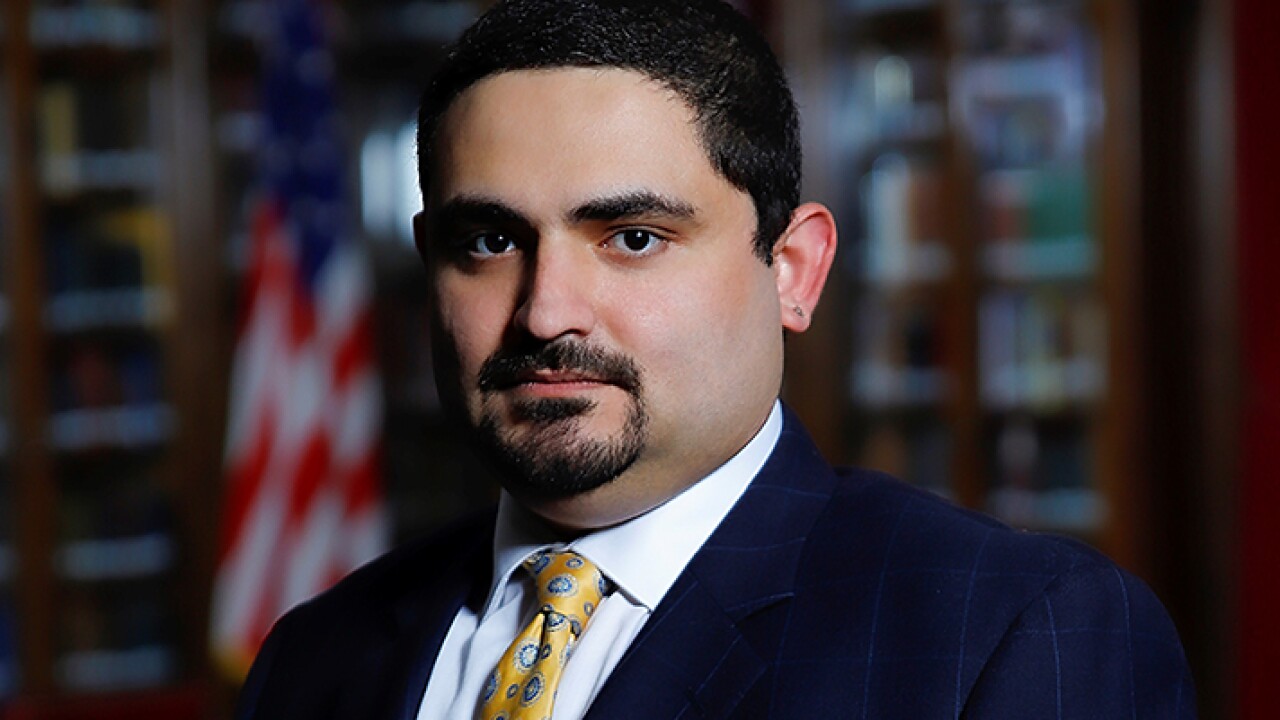BRADENTON, Fla. — The Louisiana State Bond Commission rejected a settlement with the U.S. Department of Justice Thursday that would have resolved a federal lawsuit and waived a $3 million penalty over a ban on low-income housing projects in New Orleans.
SBC chairman John Kennedy called the proposed settlement unconstitutional, and said the commission should go to trial.
The DOJ suit, filed in 2012, alleged that New Orleans and the state SBC violated the Fair Housing and Americans with Disabilities Acts by delaying approvals for a $6.6 million conversion of a nursing home on Esplanade Avenue in New Orleans into apartments for low-income and homeless persons with disabilities.
The project relied on financing from $3.4 million of multi-family housing revenue bonds, but the SBC delayed approval of the bond issue when it placed a moratorium on such bonds in 2009 pending a market study on low-income housing saturation in New Orleans.
In conjunction with the lawsuit, the SBC approved the bond issue Feb. 11 but delayed consideration of the settlement.
At Thursday's meeting, Kennedy contended that the commission, following its policy, reviewed housing projects on a case-by-case basis during the moratorium and did nothing wrong.
Under his interpretation of the proposed settlement, Kennedy said the DOJ would have oversight of the commission's decisions on all housing projects for three years, and could refile the lawsuit any time it disagreed with the SBC's action.
"We turn down any housing project [and] the Justice Department has the authority to say, 'No, we like that project, you have to approve it,' " he said, adding that that kind of oversight interferes with state's rights.
Attorney Patricia Wilton with the Louisiana Attorney General's Office, who represents the SBC in the federal suit, disagreed with Kennedy's view of the settlement, and said it is not that broad.
The agreement pertains to the Esplanade project, and only requires commission members to review housing laws and to notify the Department of Justice if a moratorium on affordable housing projects is contemplated, she said. "To me, you are giving up nothing because you have to do it any way," she added.
Wilton and State Attorney General James "Buddy" Caldwell urged the SBC to approve the settlement.
SBC member Kristy Nichols, who is the commissioner of administration, said she agreed with Kennedy and wondered why the commission should sign a document agreeing to follow the law "and submit ourselves to additional oversight when we originally followed the law."
The commission also questioned promises that New Orleans agreed to undertake as a party to the settlement, including funding 350 affordable housing units within three years.
"They are going to come to the state for that money," Kennedy said, referring to New Orleans. "They don't have the money."
There were also questions about why New Orleans officials had not signed the settlement before it came to the SBC for consideration.
Wilton said the city agreed with the terms, and wanted to ensure that the agency agreed with them as well. If the commission did not approve the settlement, then New Orleans would enter a separate agreement with the Justice Department, she said.
Kennedy asked Wilton to report to the court that the commission needed more time to consider the agreement. He also wanted New Orleans officials, including Mayor Mitch Landrieu, to attend the next Bond Commission meeting to discuss it.
Wilton, who repeated several times that much of the settlement amounted to "form over substance," said the court was not likely to grant more time for a decision.
The commission took no action on Kennedy's suggestion to meet with city officials, and voted down a motion to approve the settlement.
It is not clear how the action will affect the lawsuit.
On Feb. 6, Federal Judge Martin Feldman ordered the case closed based on representations that all parties had "firmly agreed upon a compromise" to settle it, according to court documents.
The order said the lawsuit would be reopened or a summary judgment enforcing the settlement would be entered if it was not "consummated within a reasonable time."
The SBC on Thursday also approved refunding $121.25 million of taxable variable-rate Build America Bonds into tax- exempt floating-rate notes.
The gas-and-fuels tax revenue BABs are set to tender on May 1, and have two associated swaps that would require a termination payment of about $34 million, according to SBC director Lela Folse.
A committee reviewed various structures to deal with the notes and swaps, and recommended the tax-exempt floating-rate structure after determining that it would reduce debt service and eliminate exposure to swap-termination fees.





